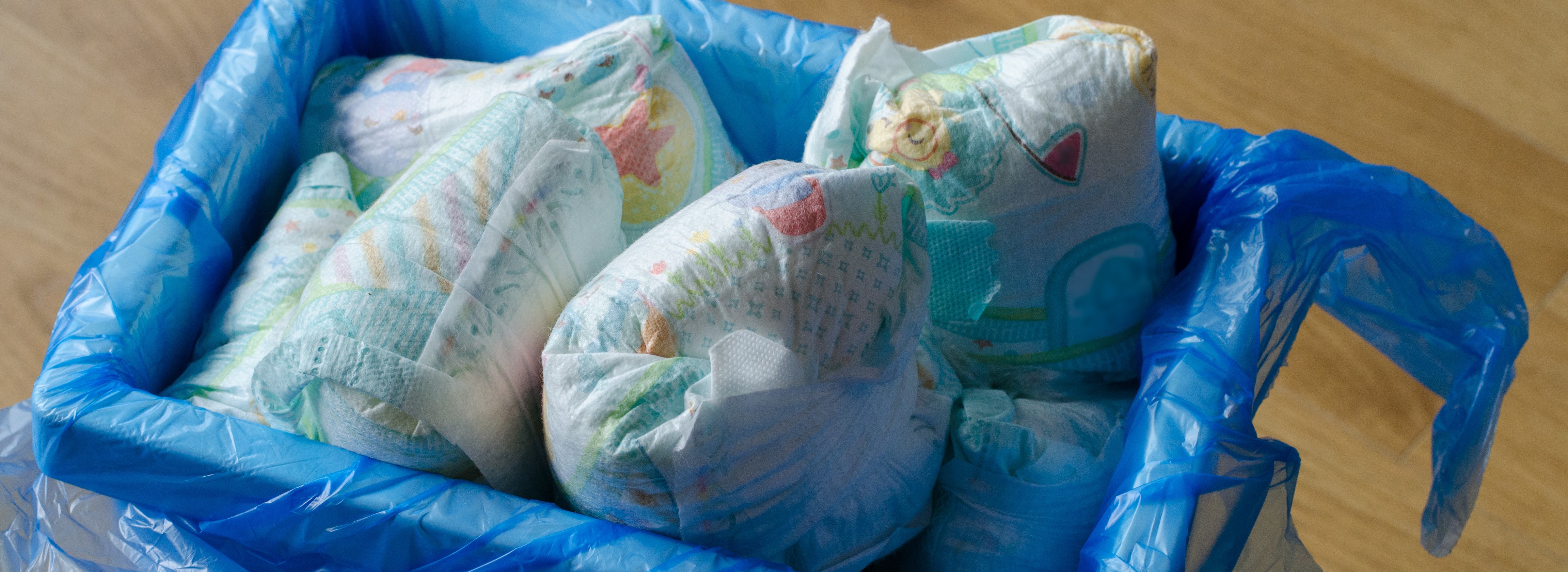
Reducing Plastic Waste in Early Years Settings
August 20, 2019 10:06 amWe take a look at how you can work towards reducing plastic waste in your Early Years setting.
It’s no secret that there’s a war on plastic and it’s for a very good reason too. Plastic packaging, containers and products find their way into the oceans, harming sea life and creating plastic-based islands of floating waste that are impossible to remove. It’s a problem that needs to be addressed now, not later, and by working together it’s an issue that can be addressed.
There has already been some noteworthy progress with the banning of microbeads (used in a variety of cosmetics), 5p plastic bag charges, and a reduction in single-use plastics in some supermarkets.
But there’s still a metaphorical mountain to climb and that got us thinking about what EYFS practitioners can do to reduce plastic waste in their settings.
Reducing plastic waste starts with a few simple questions
A good place to start when it comes to reducing your plastic usage is to look at your current habits and evaluate what could be and what needs to be addressed.
By asking the following questions, you’ll be in good standing to evaluate your usage:
What single-use items do we use and how many?
It’s no surprise that there are plenty of disposables used in the industry each year, but the sheer numbers surrounding them might catch you off guard.
In a year, the average nursery (if open for 50 weeks) will use 12,500 disposable nappies, 5,000 nappy sacks, and a staggering 45,300 wipes. Not to mention plastic aprons, milk bottles and plastic craft materials like glitter.
Try keeping a record of how many single-use items your nursery uses in a day – you may find the results quite shocking.
Is it really necessary to use all of these?
Think about whether you really need to use those items. Is it absolutely necessary to always use a nappy bag? A tightly-wrapped wet nappy is often sufficiently watertight and urine is sterile so does not pose a hygiene risk. This also means that it may not be necessary to wear a plastic apron for every nappy change.
Could you perhaps use biodegradable alternatives to disposable wipes, like tissue or cloth with soap and water?
Can you bulk buy groceries without plastic packaging? Nursery settings go through an average of 2,000 plastic milk bottles per year! Some suppliers will happily switch to reusable milk bottles rather than sending new plastic ones every time. Why not talk to your supplier and see what they can do for you?
And do we really need all that glitter? Maybe it could be substituted for a biodegradable alternative – one that you won’t find in your hair and clothes for the next six months would be great too!
What can be reused or recycled?
Instead of plastic bags could you use fabric alternatives? Instead of plastic aprons could you use washable or wipeable fabric versions or perhaps biodegradable alternatives?
You could even give reusable nappies a try. Sustainable childcare charity GECCO recently launched their Real Nappy campaign encouraging the use of cloth, and reusable nappies, and encouraging parents to write to their local MPs to gather support for the Nappies (Environmental Standards) Bill. In our recent Facebook poll, 52% of people said they’d be willing to give them a go.
Environmental initiatives like these can help to promote permanent change across the Early Years sector, but they need the support of EYFS practitioners and nursery staff like you in order to succeed.
Hopefully, the questions above have sparked a few ideas of what you can do to reduce waste in your setting and help support change across the sector – but it’s important to act on those. Even if it’s just one change, we can all make a difference!
Ultimately, it’s all about being conscious and careful with your plastic use. By taking care, asking questions and staying switched on with what you’re using and when you can make a world of difference both in your setting and across the Early Years sector.
Tags: environmental, green, reduce plastic




